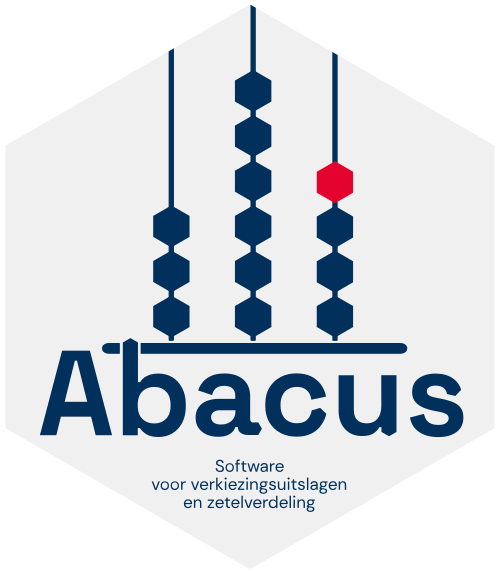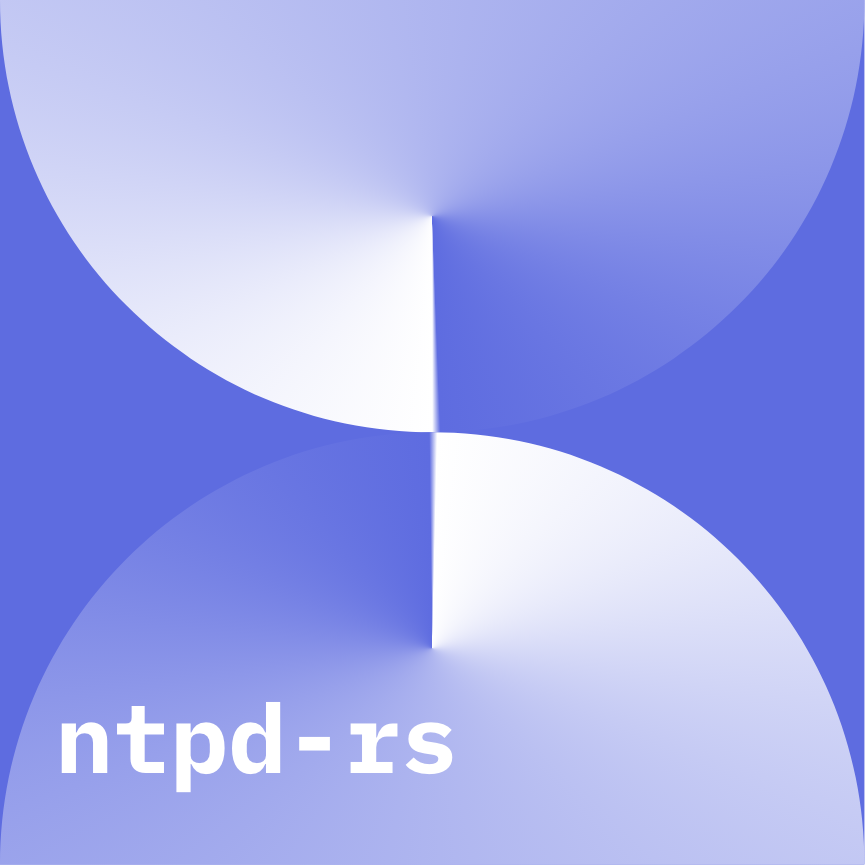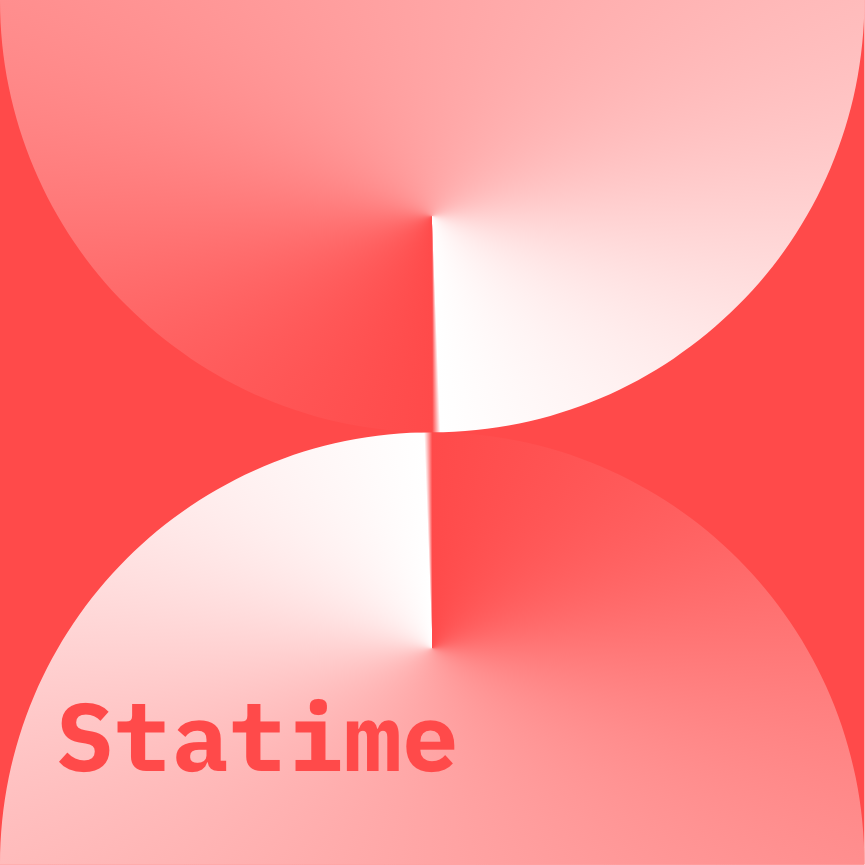Ruben
About
Ruben
- Software Engineer
- ruben@tweedegolf.com
Ruben can rightfully be called a full stack developer, with many years of experience. He knows a lot (a lot!) about many different techniques. He watches over the architecture of applications and does not accept half-baked solutions. He always makes his strong opinion heard.
Ruben studied computer science at the RU and previously embarked on the entrepreneurial path together with Marlon. In his spare time, he enjoys playing tabletop games and cycling through the beautiful surroundings of Nijmegen.
Blog posts
Travelling to the land of the rising sun with Statime
Enabling pools in NTS
A safe Internet requires secure time
Open-source work
Abacus
Abacus is the new application (currently in development) to support the paper-based vote counting process for all Dutch election results and the distribution of seats.
It is being built open-source by the Dutch Electoral Council (Dutch: Kiesraad). Our engineers have joined the Electoral Council developer team for both frontend and backend development.

openleadr-rs
Openleadr-rs is an opinionated, open-source Rust implementation of the OpenADR 3.0 protocol that's ready for real-world pilots. OpenADR is a protocol for automatic demand-response in electricity grids, used, for example, for dynamic pricing or load shedding.
openleadr-rs was initiated by us as openadr-rs, but is now part of the OpenLEADR project, governed by the Linux Energy Foundation.
zlib-rs
zlib-rs is a memory-safe Rust implementation of zlib, the widely-used compression library, used primarily on the web to provide gzip compression to the text/html/js/css we send around.
The initial development of zlib-rs was started and partly funded by Prossimo. It's now governed by the Trifecta Tech Foundation as part of their Data Compression initiative.
sudo-rs
ntpd-rs
ntpd-rs is an open-source implementation of the Network Time Protocol completely written in Rust, with a focus on exposing a minimal attack surface. This video explains how ntpd-rs brings NTP into the modern era.
The project was initially funded by ISRG's Prossimo, as part of their mission to achieve memory safety for the Internet's most critical infrastructure. The NTP initiative page on Prossimo's website tells the story.
ntpd-rs is part of Project Pendulum. In July of 2023 the Sovereign Tech Fund invested in Pendulum, securing development and maintenance in 2023, and maintenance and adoption work in 2024.

teach-rs
teach-rs, formerly Rust 101, is a collection of modular teaching materials to build a university course for computer science students, introducing the Rust Programming Language. It is open source and thus available to anyone who wants to teach Rust.
It is governed by the Trifecta Tech Foundation.
Read one of our teach-rs blogs for more info.

Statime
Statime is an initiative of Tweede golf, an open-source implementation of the Precision Time Protocol (PTP) in Rust.
High-precision timing is part of crucial networking infrastructure. With Statime we provide a memory-safe alternative for existing implementations.
The first milestones of the project were kindly co-funded by the NLnet Foundation.
Statime is part of Project Pendulum. In July of 2023 the Sovereign Tech Fund invested in Pendulum, securing development and maintenance in 2023, and maintenance and adoption work in 2024.

RP1
Developed by Ruben, RP1 is a procedural macro that generates a set of useful basic CRUD (Create-Read-Update-Delete) endpoints in a REST-like API with JSON output.
Check out the blog post RP1: an experimental Diesel-based CRUD for Rocket, for more.